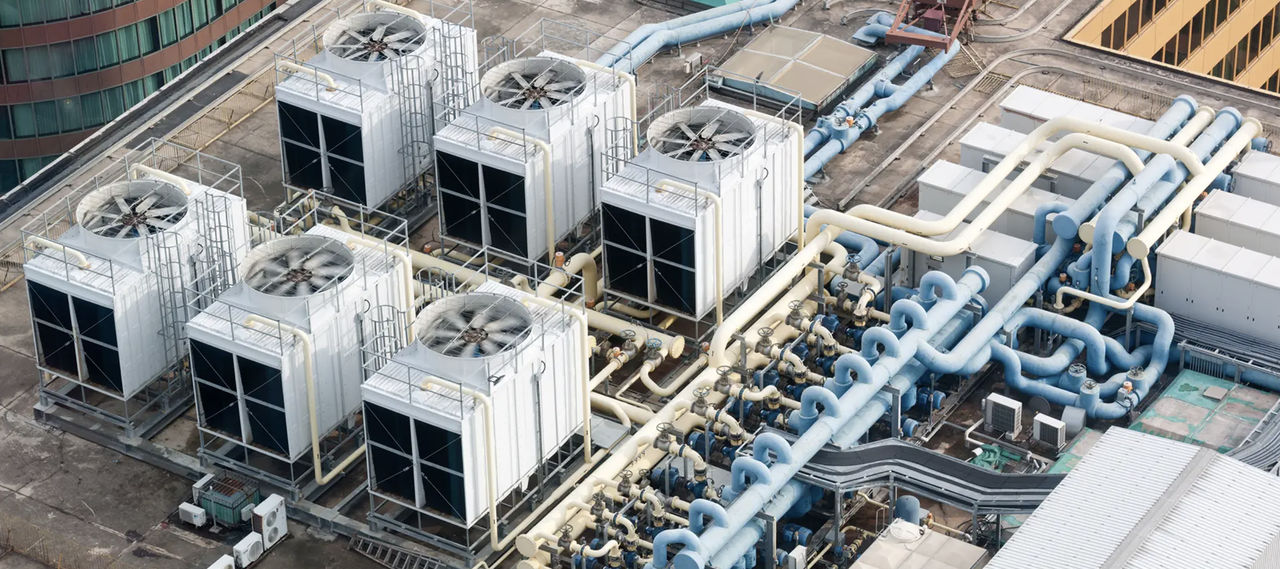Efficient HVAC Solutions for Optimal Climate Control
Maintaining a comfortable and controlled indoor environment is essential for both residential and commercial spaces. As technology continues to advance, so do the options for efficient HVAC (Heating, Ventilation, and Air Conditioning) solutions that contribute to energy savings and overall environmental sustainability. In this article, we will explore various aspects of efficient HVAC solutions, highlighting their benefits and impact on climate control.
1. Energy-Efficient HVAC Systems
One of the key components of efficient HVAC solutions is the utilization of energy-efficient systems. Modern HVAC systems incorporate advanced technologies such as variable-speed compressors, smart thermostats, and zone control features. These innovations allow for precise temperature regulation in different areas of a building, optimizing energy usage and reducing overall operational costs.
2. Smart Thermostats and Automation
Smart thermostats play a pivotal role in enhancing HVAC efficiency. These devices allow users to remotely control temperature settings, set schedules, and receive real-time energy consumption data. By leveraging automation, smart thermostats can adapt to occupancy patterns, ensuring that heating or cooling is active only when needed. This level of control not only increases energy efficiency but also provides users with greater convenience and comfort.
3. Proper HVAC Maintenance
Regular maintenance is crucial for the longevity and efficiency of HVAC systems. Routine inspections, filter replacements, and cleaning contribute to optimal performance. Neglecting maintenance can lead to decreased efficiency, increased energy consumption, and potentially costly repairs. Establishing a proactive maintenance schedule is a simple yet effective way to ensure that HVAC systems operate at peak efficiency.
4. Ductwork Design and Insulation
Efficient HVAC solutions extend beyond the main units to include considerations for ductwork design and insulation. Well-designed duct systems with proper insulation help minimize energy losses during the distribution of heated or cooled air. By addressing these components, HVAC efficiency is further enhanced, and the overall performance of the system is optimized.
5. Renewable Energy Integration
As the world increasingly embraces sustainable practices, integrating renewable energy sources into HVAC systems has gained prominence. Solar panels and geothermal heat pumps are examples of technologies that can supplement traditional HVAC systems. By harnessing renewable energy, buildings can reduce their dependence on conventional power sources, contributing to a greener and more environmentally friendly approach to climate control.
Efficient HVAC solutions are pivotal in achieving a balance between comfort and environmental responsibility. By adopting energy-efficient technologies, implementing smart automation, prioritizing regular maintenance, optimizing ductwork design, and incorporating renewable energy sources, we can create a more sustainable future for indoor climate control.
To explore cutting-edge HVAC solutions and discover how they can transform your space, consider consulting with experts in the field. Chess Continental specializes in providing state-of-the-art HVAC solutions tailored to your specific needs. Visit Efficient HVAC Solutions to learn more about how you can enhance comfort while minimizing your environmental footprint.

